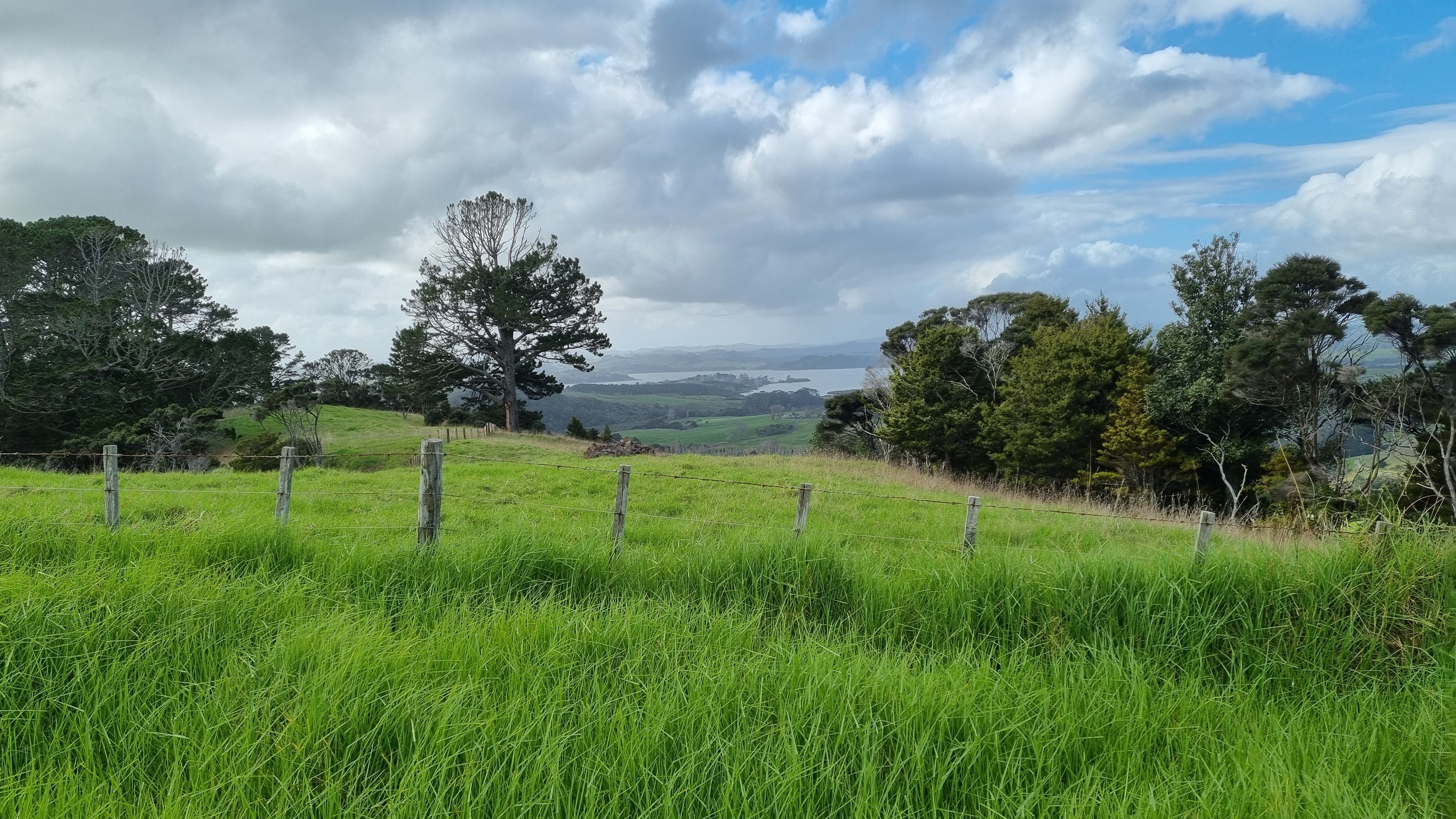Going off the grid? If you’re wondering if off grid living is legal, the answer is simple - yes. In New Zealand, where GridFree is based, you’re not required to be connected to utilities, whether you're living in a campervan or on a patch of land.
Still, any off-grid living structures build typically needs to be consented by the local council, though exceptions exist. A sleepout under 30sqm is exempt, provided it has no plumbing or cooking facilities (including compost toilets and portable cookers) and there is already a consented building on the property. These buildings are still required to meet the building code. Freshwater collection and wastewater management such as septic tanks often require consents, depending on circumstances and regional councils.
If you're unsure, check with your local council. Going off the grid in a tiny home on wheels does not require consent, like a caravan, but these are in somewhat of a grey area and when they're permanently placed some councils require building consents, so we recommend you do your research.
Typically all work you want covered by insurance requires consents, depending on your insurance company. Some recommend applying for consent or certificate of compliance retroactively, though this is not always successful, and non-consented works, if discovered, may be given a notice to fix or remove.
Deciding where you are going off the grid can be more of a toss-up. For some it’s easy, since there is land in the family and perhaps even a shack looking for an upgrade (if that’s your situation, consider our best-selling bach kit DIY solar panel system). For others, it’s a journey—with a lot of searching for the right piece of land for sale. Read some tips for choosing land from other off-gridders.
But at its most basic level, we find going off the grid falls into two groups of thinking: transitory excursions and permanent placement. Some of our customers start their off grid journey with weekend jaunts out into nature, which grows over time into a desire to live off-grid fulltime. It’s the story of GridFree founder Craig Simpson, and at the heart of our business to empower others to live the life they want.
If you’re ready to make the move to off grid living, contact us.


